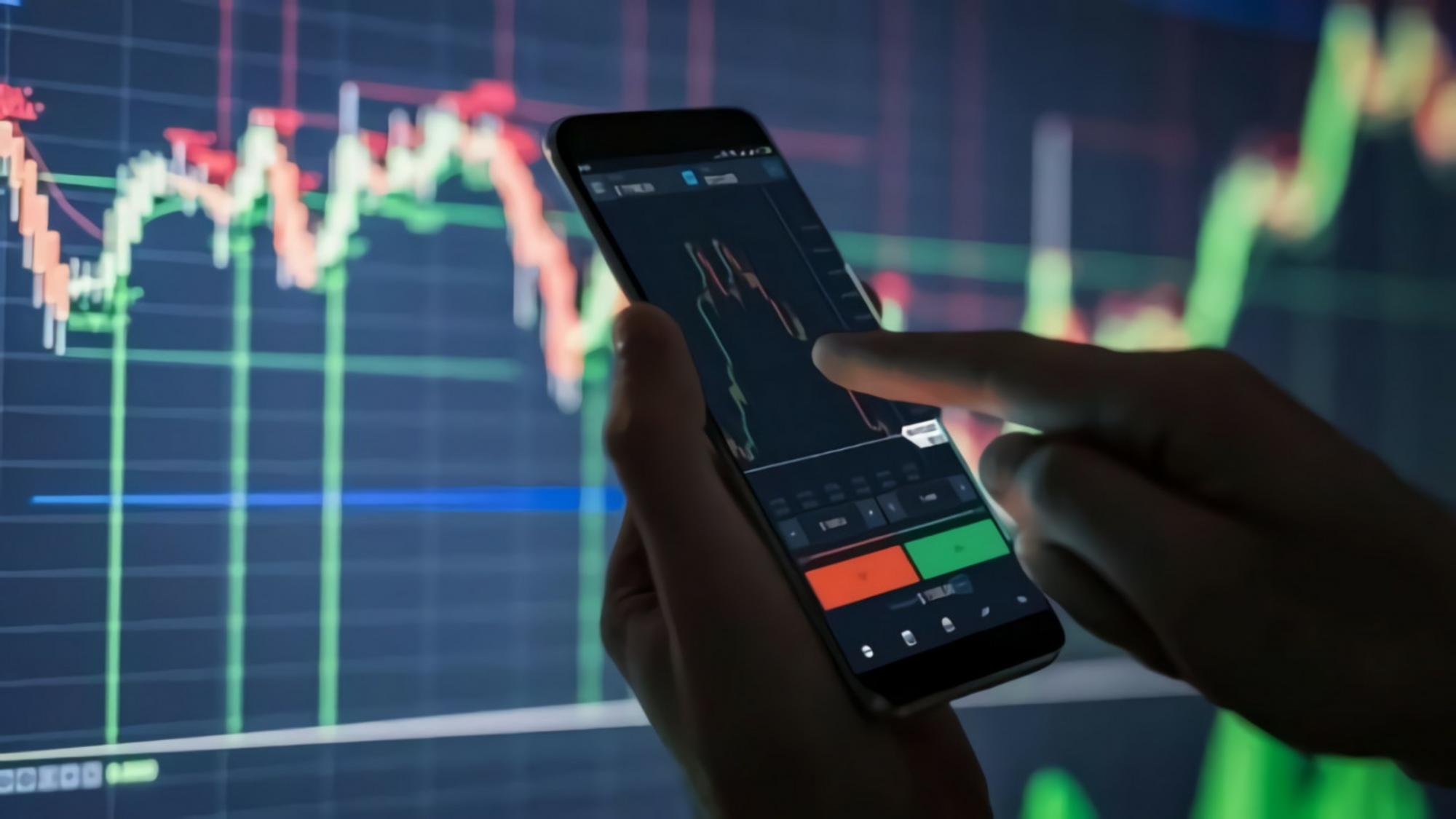Test- FTSE 100 Kicks Off August on a High as BP and Senior Lead Market Momentum
$11
10 Oct 2025, 13:13

Unsplash.com

After a strong start to the year, investor optimism has soured as a result of grim Chinese economic data and rising US borrowing prices have caused a $3 trillion loss in value for global stock markets this month.
According to Refinitiv statistics examined by broker AJ Bell, the S&P 500 index on Wall Street, the Stoxx 600 in Europe, and the CSI 300 in China have together lost $2.8tn, or almost 5% of their combined worth and more than the whole market capitalization of the FTSE 100 in London.
Despite a recovery on Tuesday, an MSCI index of international markets is projected to have its worst month since last September.
The falls stand in sharp contrast to the six months leading up to June when the Nasdaq Composite stock market index saw its best first half of the year in forty years on the back of predictions that US interest rates would shortly peak.
However, a run of solid US economic statistics and persistently high core inflation in the eurozone have compelled investors to reconsider the direction of inflation and interest rates. In the meantime, rising data suggests that China's economy is stagnating and struggling to emerge from its epidemic lockdowns, and worries are developing about the sizeable real estate market in the nation.
Bond yields have increased recently on both sides of the Atlantic, further depressing market valuations: those on Treasury bonds adjusted for inflation, a key indicator of how much it costs businesses to borrow money, reached a 14-year high.
The only industry in the US to have increased in August is energy. The so-called "Big Tech" of Amazon, Apple, Microsoft, Meta, Nvidia, Tesla, and Alphabet, which had fuelled the market rally in the first seven months of this year, have all experienced their first three-week net losing run of the year, making technology stocks one of the primary pulls on the market.
The company with the worst performance, Tesla, has lost around 13% this month, while Apple, the biggest of the seven, is down roughly 10%. Now that Nvidia will release its second-quarter earnings on Wednesday, all eyes are on it.
According to Kaiser, head of equity trading strategy at Citigroup, purchases of bearish put options—the right to sell at a specific price—are surpassing purchases of bullish call options by close to 10%, close to the widest gap over the previous two years.
The downturn, nevertheless, is seen by others as a sign of a robust market. Quincy Krosby, chief global strategist at broker LPL Financial, stated that “the market has been discerning rather than giving [Big Tech] a free ride. When investors just say, ‘sure, come on in,’ to every name in a sector, it makes me uneasy”.
(Sources: ft.com)